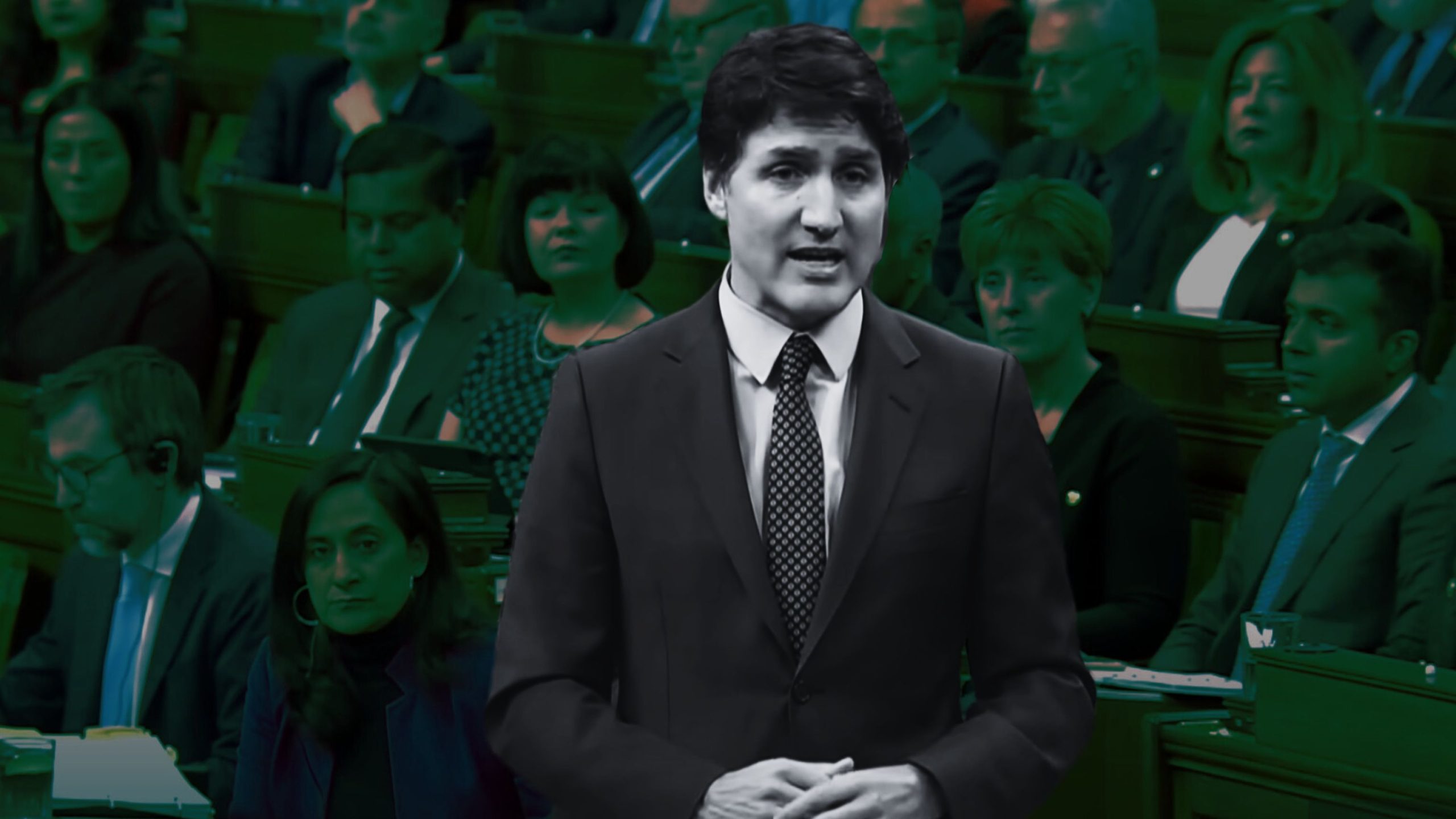A significant legal challenge has been initiated against the Canadian federal government, targeting their controversial deployment of the Emergencies Act and freezing the bank accounts of civil liberties protesters in February 2022.
This legal action, which also implicates Canada’s principal financial institutions, police bodies, and various other entities, follows a pivotal judicial decision last month. A federal court judge had deemed the government’s application of the Emergencies Act as a violation of Canadians’ Charter rights during the pandemic-related protests, labeling it an unlawful act.
The plaintiffs, represented by Calgary’s Loberg Ector law firm, filed their case in the Ontario Superior Court in Ottawa, citing the act’s “unreasonable use.”
They are seeking substantial financial redress, with claims for each plaintiff reaching up to $1.75 million. The lawsuit names Prime Minister Justin Trudeau, several of his cabinet ministers, and the top six Canadian banks as defendants.
Related: Canadian Deputy PM Chrystia Freeland laughs when quizzed on freezing of citizen’s bank accounts
Key allegations include violations of the Charter through various actions such as identifying individuals, divulging financial data, intruding on private property, and seizing financial assets like bank accounts and credit cards.
The plaintiffs argue that the government’s actions were driven by panic, political malice, and an intent to punish and intimidate Canadian citizens. Edward Cornell of Shediac Cape, N.B., prominently named first in the court document titled Edward Cornell et al v. Justin Trudeau et al, is among those affected.
The Trudeau administration, maintaining their stance, immediately announced their intention to appeal the ruling, asserting that the act’s use was necessary due to the national emergency posed by the Freedom Convoy.
In defense of the government’s actions, Deputy Prime Minister Chrystia Freeland, also named in the lawsuit, reiterated the perceived urgency and legality of their response at the time: “We believed we were doing something necessary and something legal at the time,” she stated. “That continues to be my belief today.”










